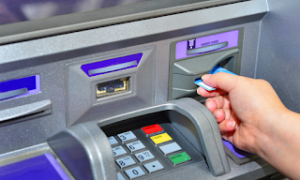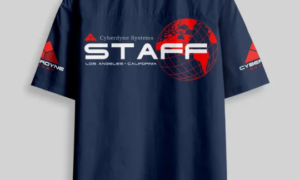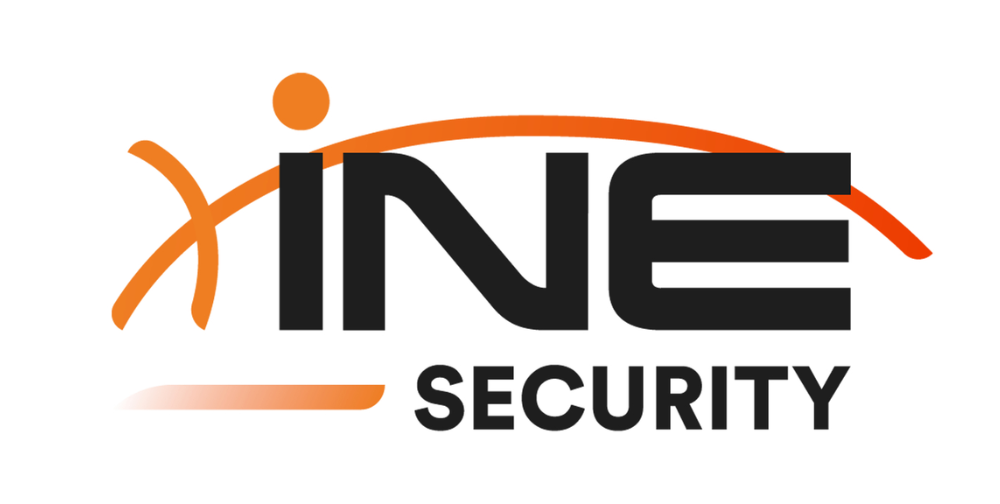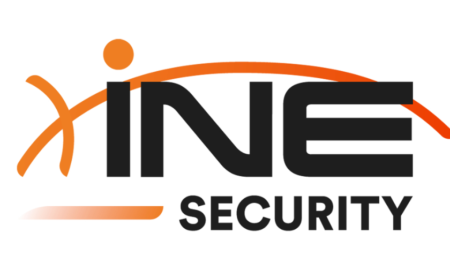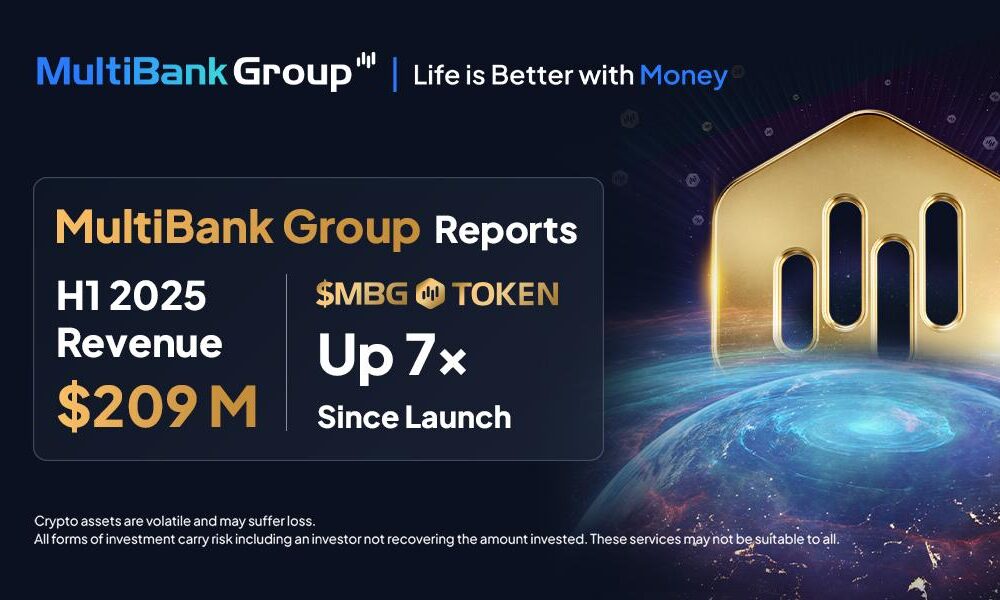Running a business often requires immediate access to capital—whether it’s to cover inventory, payroll, equipment upgrades, or seasonal fluctuations. That’s where a Merchant Cash Advance (MCA) comes into play. Unlike traditional loans, MCAs offer fast funding based on your business’s future revenue. But how does it work, and is it right for your business?
In this guide, we’ll break down what a Merchant Cash Advance is, how it works, how to calculate your payback with an MCA loan calculator, and whether it’s the right fit for different types of businesses.
What is a Merchant Cash Advance (MCA)?
A Merchant Cash Advance isn’t technically a loan—it’s a financial product where a business receives a lump sum of cash upfront in exchange for a portion of future credit/debit card sales or daily bank deposits.
Key Features:
- Fast approval (24–48 hours)
- Flexible repayment based on daily sales
- Ideal for small businesses and startups with limited credit
How Does a Merchant Cash Advance Work?
Once your MCA application is approved:
- You receive a lump sum (e.g., $20,000).
- You agree to a factor rate (e.g., 1.3).
- You repay via daily/weekly deductions from your sales or bank deposits.
Example:
If you borrow $20,000 at a 1.3 factor rate, you’ll repay $26,000 over time. Daily payments depend on your revenue.
Use this MCA Loan Calculator to estimate your total repayment, daily payments, and effective interest rate.
Who Should Consider a Merchant Cash Advance?
MCAs are best suited for:
- Retail stores
- Restaurants and food trucks
- E-commerce businesses
- Gig workers and freelancers
- Seasonal businesses
- Startups with limited access to credit
Even businesses with bad credit or limited collateral can often qualify.
MCA Loan Requirements
While requirements vary between merchant cash advance companies, most lenders ask for:
- 3–6 months of bank statements
- Proof of business revenue
- Business license (where applicable)
- Voided check from your business account
Some companies may perform a soft credit pull, but credit score is typically not the primary factor.
Understanding MCA Loan Interest Rate vs Factor Rate
Unlike traditional interest rates, MCAs use a factor rate (usually between 1.1 to 1.5). The repayment doesn’t compound over time, but the effective APR can be significantly higher than traditional loans.
Important Tip:
Always convert the factor rate into an APR using a merchant cash advance calculator to understand the true cost.
Pros and Cons of Merchant Cash Advances
✅ Pros
- Quick access to capital
- No fixed monthly payments
- Easy approval (even with bad credit)
- Flexible based on sales volume
❌ Cons
- High effective interest rates
- Daily/weekly deductions can affect cash flow
- Lack of regulation in some regions
- No early repayment discounts
Merchant Cash Advance for Different Business Types
MCA for Gig Workers
Gig workers—such as rideshare drivers, delivery workers, freelancers, and independent contractors—often lack traditional income documentation or consistent paychecks. That’s where a merchant cash advance for gig workers comes in handy.
Why It Works:
- Approval is based on revenue, not employment status.
- No need for strong credit or collateral.
- Ideal for those earning through platforms like Uber, DoorDash, Fiverr, etc.
Keep in Mind:
Ensure your income is consistent and deposited into a business or personal bank account. Lenders will evaluate these deposits as part of your eligibility.
MCA for Startups
Startups typically struggle with securing funding due to lack of credit history or time in business. A merchant cash advance for startups helps bridge that gap by focusing on revenue flow, not credit scores.
Benefits:
- Quick access to working capital for growth or emergencies.
- Approval with just 3–6 months of bank statements.
- No equity dilution or investor interference.
Consider:
Startups with high sales velocity (such as eCommerce) are ideal. Avoid taking multiple MCAs too early—it could impact your cash flow.
MCA for Restaurants
Restaurants deal with daily credit card sales, seasonal changes, and urgent equipment needs. That makes a merchant cash advance for restaurants especially useful.
Benefits:
- Repayment is based on card sales, which restaurants generate regularly.
- Fast approval helps during emergency repairs or slow seasons.
- No need for perfect credit or business collateral.
Be Aware:
Restaurants with inconsistent sales may struggle with daily deductions. Always review repayment terms using an MCA calculator.
MCA for Small Businesses
Small businesses often experience short-term cash flow problems. A merchant cash advance for small businesses offers flexible capital to cover operational gaps.
Perfect For:
- Retail stores, salons, auto repair shops, cleaning services, etc.
- Businesses with limited financing options due to low credit or few assets.
Watch For:
Daily or weekly repayment schedules can add pressure if not planned properly. Always compare rates and repayment options with other funding methods.
Is a Merchant Cash Advance a Loan?
Technically, no—a merchant cash advance is not a loan.
Here’s Why:
- MCA providers purchase a portion of your future sales.
- There’s no interest rate; instead, you agree to a factor rate (e.g., 1.3).
- Since it’s not a loan, MCAs are often easier to obtain.
💡 However, many businesses refer to it as a “loan” due to the upfront capital. Just remember—it operates differently from traditional lending.
Merchant Cash Advance with Bad Credit
Worried about a low credit score? A merchant cash advance with bad credit may still be accessible.
Why It Works:
- Approval is revenue-based, not credit-based.
- Most MCA providers only do soft credit pulls (or none at all).
- Perfect for rebuilding business operations after financial challenges.
Caution:
Expect higher factor rates due to increased perceived risk. Always use a merchant cash advance calculator to evaluate cost before accepting.
Comparisons: MCA vs Other Financing Options
Merchant Cash Advance vs Working Capital Loan
| Feature |
|
|
||||||
|
|
|
||||||
|
Low |
|
||||||
|
|
|
||||||
| Cost |
|
|
||||||
| Flexibility | High | Moderate |
Merchant Cash Advance vs Line of Credit
| Feature | MCA | Line of Credit |
| Structure | Lump sum | Revolving credit |
| Interest | Factor rate (flat fee) | Interest on balance used |
| Flexibility | Less | More |
| Credit Requirement | Low | Medium to High |
| Repayment | Daily/weekly | Flexible/monthly |
Merchant Cash Advance vs Bank Loan
| Feature | MCA | Traditional Bank Loan |
| Time to Fund | 1–3 days | 2–6 weeks |
| Approval Process | Simple | Lengthy |
| Credit Score Required | Low | High |
| Collateral | Not required | Often required |
| Cost | Higher | Lower |
FAQs about Merchant Cash Advance Loans
Is merchant cash advance legit?
Yes, MCAs are legal and commonly used by small businesses for short-term funding needs. However, it’s important to work with reputable merchant cash advance companies.
How does merchant cash advance work?
You receive an upfront sum and repay it through a fixed percentage of your daily or weekly sales.
Are merchant cash advances risky?
They can be—especially if your business has unpredictable cash flow. High costs and automatic withdrawals can strain finances.
What happens if I don’t pay a merchant cash advance?
Failure to pay may lead to legal action, collections, and potential damage to your business credit.
Can you write off a merchant cash advance?
You may be able to deduct the fees and costs associated with the MCA, but not the repayment itself. Consult a tax advisor.
Do cash advances ruin credit?
MCAs typically don’t report to credit bureaus, but defaults can affect your business credit and lead to collections.
How to get out of a merchant cash advance?
Options include refinancing, business debt consolidation, or negotiating a settlement.
💡 Tip: Avoid stacking multiple MCAs—it leads to a debt cycle that’s hard to escape.
Conclusion: Is a Merchant Cash Advance Right for You?
A Merchant Cash Advance can be a lifeline when your business needs quick funding—but it’s not for everyone. The high cost and potential risks make it essential to do your due diligence. Always use a trusted MCA calculator to estimate your repayment, and compare options with traditional financing methods.
If you’re considering an MCA, reach out to Capital Express LLC—a trusted partner helping businesses secure the working capital they need.
Read More From Techbullion












